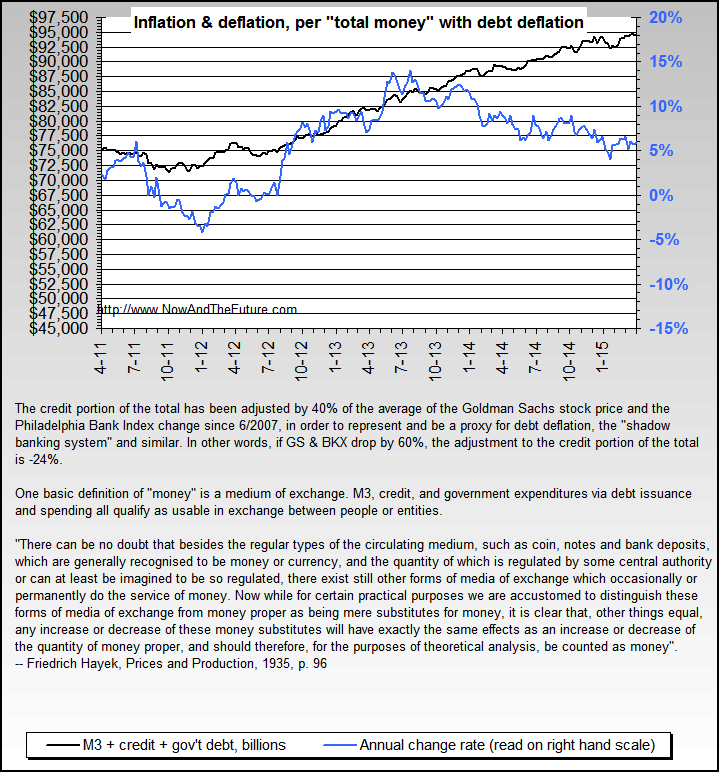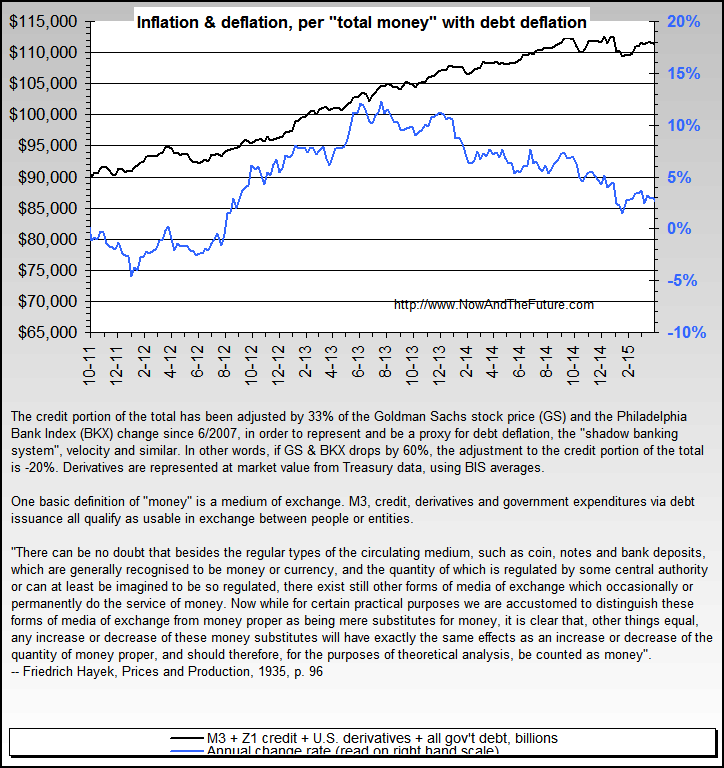Re: The Fed's Exit Strategy
Close, except that US Notes are different from Silver Certificates; they were the Treasury's version of true fiat money. See:
http://en.wikipedia.org/wiki/United_States_Note
20th century silver certificates are marked with a blue seal, US Notes have a red seal and FRNs have a green seal.
Originally posted by ThePythonicCow
View Post
http://en.wikipedia.org/wiki/United_States_Note
20th century silver certificates are marked with a blue seal, US Notes have a red seal and FRNs have a green seal.


Comment